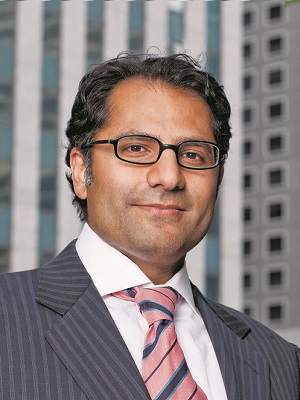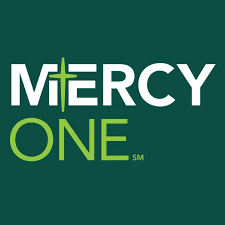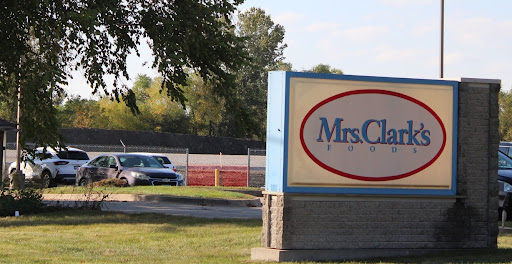Consultant works on fund to aid Syrian refugees

JOE GARDYASZ Jun 9, 2016 | 3:44 pm
2 min read time
452 wordsAll Latest News, Business Record Insider, Economic DevelopmentWhile many Iowa philanthropists strive to improve conditions locally, regionally or even nationally, a visiting scholar in Des Moines is taking a decidedly global approach.
 Kavilash Chawla, who serves on the Greater Des Moines Partnership’s International Council and is a visiting scholar at Drake University, recently presented at the World Humanitarian Conference held in Istanbul, Turkey.
Kavilash Chawla, who serves on the Greater Des Moines Partnership’s International Council and is a visiting scholar at Drake University, recently presented at the World Humanitarian Conference held in Istanbul, Turkey.
“We were presenting on some work we are doing on new structures for mobilizing private sector philanthropic giving and capital to address the $15 billion shortfall in humanitarian funding,” said Chawla, who is also a partner at Baton Global, a Des Moines-based research and consulting firm. A Drake alum, Chawla has an MBA from the University of Chicago Booth School of Business and a master’s in international affairs from the School of International and Public Affairs at Columbia University.
Chawla is working with the International Islamic Charitable Organization to develop an endowment fund that would support regional charities to address the Syrian refugee crisis in the short term, as well as develop longer-term strategies for building economic development organizations to spur entrepreneurial activity in that region.
The conference “was a real powerful few days. It really drove home the point — there were Syrian refugees all over the city,” he said. “When you see a 2-year-old born into a world of war and is now living on the streets, it really impresses on you doing whatever you can to help.”
Chawla envisions a $25 million fund that would invest primarily in real estate, the earnings from which would be donated to charities. Eventually, the philanthropists would get their principal returned to them with the sale of the properties, with any earnings going to the charities.
“Part of the reason behind it is not only the need, but there is also a lot of charitable money waiting on the sidelines,” he said. “Instead of (investors) putting money in a negative interest rate account, you can help some of these humanitarian needs.”
Another benefit of the trip was connecting with many organizations that focus on front-line aid. “There are some really impressive organizations out there doing great work that ultimately needs capital,” he said.
A couple of ventures that Chawla is already involved in are building entrepreneurial activity globally. One of those, Growmada, partners with artisan-based social enterprises in emerging markets that craft high-quality, handmade luxury products.
His goal is to have the fund structure ready to go this summer and then work with appropriate partners: high-net-worth individuals and institutional investors. “My expectation is we’ll probably source 50 percent of it from the communities where there is the need, and then we would probably fund a significant portion in Europe; they’re significantly more aligned with the Syrian crisis.”










